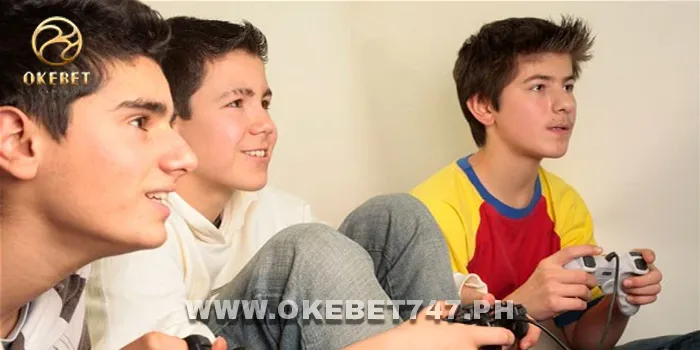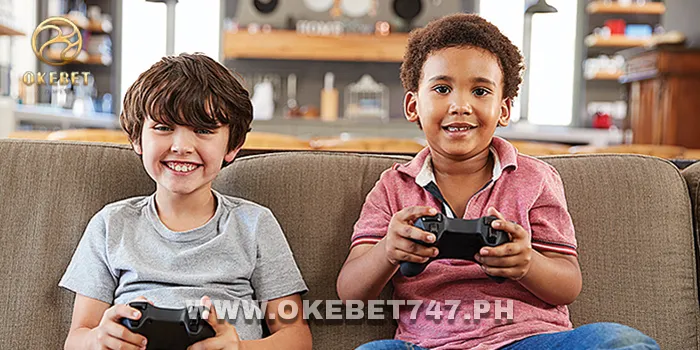
Helping children and teens develop responsible gaming habits is an important task for parents, especially in today’s digital age. With gaming becoming a popular pastime, it’s vital to guide young players in making smart choices. Below are tips and strategies to instill responsible gaming habits while ensuring their online safety.
Why Responsible Gaming Matters

Responsible gaming helps young players understand the importance of balance, self-discipline, and critical thinking. Teaching these habits early not only prevents unhealthy gaming behaviors but also prepares them for situations they may face as they grow older.
Practical Tips for Teaching Responsible Gaming Habits

Set Clear Rules and Boundaries
- Define daily or weekly gaming limits.
- Specify the types of games they can play.
- Create a schedule that includes gaming, studies, and family time.
Encourage Open Conversations
- Talk about the risks of excessive gaming.
- Discuss the importance of fairness and honesty in gameplay.
- Highlight the role of in-game purchases and their real-world impact.
Introduce Educational Games
- Include games that foster problem-solving and creativity.
- Choose games aligned with their interests, such as Filipino folklore-inspired games.
- Use games to teach lessons in budgeting and time management.
Teaching Kids About Online Safety
Monitor Their Online Activities
- Regularly check their gaming accounts for safety.
- Ensure they don’t share personal information online.
- Use parental controls to block inappropriate content.
Partnering with trusted organizations focused on player safety, such as those highlighted in Player Safety and Responsible Gaming Organizations, can further protect young gamers online.
Emphasize the Importance of Time Management
- Use timers to limit gaming sessions.
- Teach them to prioritize schoolwork and physical activities.
- Explain how excessive gaming can affect their health.
Effective time management strategies, like those outlined in Time Management Strategies for Responsible Gaming, help children and teens balance gaming with schoolwork and other activities.
Engaging Teens in Responsible Gaming Discussions

Foster a Healthy Mindset Towards Gaming
- Help them recognize when gaming is becoming a problem.
- Talk about the importance of taking breaks during gameplay.
- Encourage hobbies outside of gaming, like sports or arts.
Helping teens understand the importance of staying in control while gaming is crucial, and additional guidance can be found in Responsible Online Gambling: How to Stay in Control.
Collaborate With Schools and Community Programs
- Work with local schools to integrate responsible gaming education.
- Support organizations promoting awareness, like OKEBET’s community initiatives.
- Share stories of positive gaming experiences in Philippine culture.
Promoting Responsible Gaming with OKEBET
As a trusted platform, OKEBET advocates for responsible gaming through educational campaigns and youth-focused programs. By aligning with OKEBET’s initiatives, parents can access valuable resources to further reinforce good habits at home.
Key Takeaways
- Teaching responsible gaming habits starts with setting boundaries.
- Open conversations build trust and awareness.
- Online safety is a top priority for kids and teens.
- Community support, like initiatives from OKEBET, can make a significant difference.
By following these tips, you can help your children and teens enjoy gaming responsibly, ensuring it remains a fun and enriching activity.




